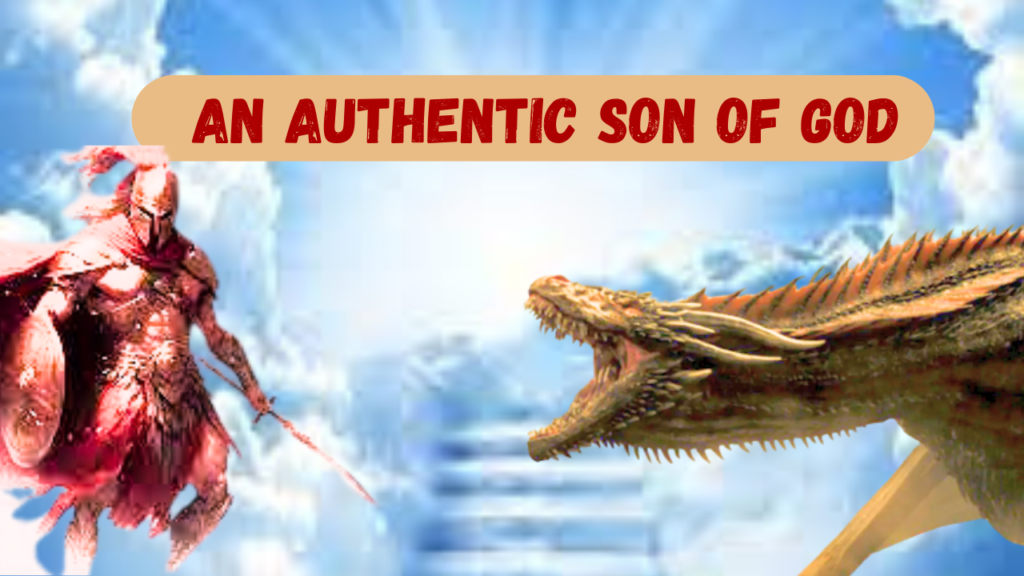The Sabbath was no trivial matter in ancient Israel. Under the Mosaic covenant, the Sabbath served as a divine sign between God and His people. Breaking it was not just a mistake; it was a capital offense. Yes, death awaited those who violated this sacred day of rest. This wasn’t simply about following rules. It was about upholding a holy promise—a covenant made after the Exodus that shaped Israel into a holy nation.
But what does that mean for us today? Are we still bound by this law? And what does it mean to enter God’s rest in the new covenant? Let’s unravel these questions step by step.

The Sabbath as a Sign of the Mosaic Covenant
The Sabbath was first introduced as part of the Mosaic covenant (Exodus 31:16-17). God’s people were called to observe this day as holy—a day of complete rest. “Observe the Sabbath, because it is holy to you. Anyone who desecrates it is to be put to death; those who do any work on that day must be cut off from their people” (Exodus 31:14).
This wasn’t just a weekly pause for physical rest. The Sabbath was a profound spiritual symbol. It declared that Israel belonged to God. It was a reminder of their deliverance from Egypt and their calling to be a holy nation. Observing the Sabbath wasn’t optional. It was a life-or-death matter.
Why Was the Penalty So Severe?
The severity of the punishment underscores the gravity of the covenant. The Sabbath represented God’s rest after creation (Genesis 2:2-3). It reflected God’s design for humanity: work followed by rest. Violating it wasn’t just breaking a law; it was rejecting God’s order and promise.
Israel’s relationship with God was tied to their obedience to the law, including Sabbath observance. Deuteronomy 5:12-15 connects the Sabbath to God’s saving act of bringing Israel out of Egypt. Resting wasn’t just about physical renewal; it was about spiritual alignment with God’s will.
Entering God’s Rest in the New Covenant
Fast forward to the New Testament. The Sabbath takes on a deeper, transformative meaning. Under the new covenant, God’s rest is no longer confined to a specific day. It’s found in a person: Jesus Christ.
Jesus as the Fulfillment of the Sabbath
Jesus proclaimed, “Come to me, all you who are weary and burdened, and I will give you rest” (Matthew 11:28). This rest isn’t about ceasing work; it’s about the soul’s reconciliation with God. Hebrews 4:9-10 explains, “There remains, then, a Sabbath-rest for the people of God; for anyone who enters God’s rest also rests from their works, just as God did from his.”
The new covenant shifts the focus from observing a day to embracing Christ’s finished work on the cross. Just as rejecting the Sabbath under the Mosaic covenant brought death, rejecting Jesus brings eternal separation from God. The stakes remain high.
Eternal Life Through God’s Rest
In the old covenant, the promise tied to the Sabbath was temporal—a sign of the nation’s holiness and God’s provision. In the new covenant, the promise is eternal. “For God so loved the world that he gave his one and only Son, that whoever believes in him shall not perish but have eternal life” (John 3:16).
The rest found in Jesus is not just for today but forever. Believers enter into this rest by faith, receiving eternal life and freedom from the bondage of sin and death.
Practical Application: Living in God’s Rest
How do we apply this truth in our lives? Here are practical ways to embrace God’s rest today:
1. Trust in Jesus Fully
Entering God’s rest starts with faith in Jesus. Are you carrying burdens you were never meant to bear? Lay them at His feet. Trust that His work on the cross is enough. As Hebrews 4:3 says, “Now we who have believed enter that rest.”
2. Prioritize Spiritual Renewal
Rest in Christ doesn’t mean inactivity. It means ceasing from striving to earn God’s favor. Spend time in prayer, worship, and the Word. Let these practices rejuvenate your soul and remind you of your identity in Christ.
3. Embrace Community
God designed us for relationship. Just as Israel collectively observed the Sabbath, we are called to encourage one another and build each other up (1 Thessalonians 5:11). Surround yourself with a faith community that points you to Christ.
4. Share the Gospel
Rejecting God’s rest leads to eternal death. This truth should compel us to share the hope of salvation with urgency. Romans 10:14 challenges us: “How, then, can they call on the one they have not believed in? And how can they believe in the one of whom they have not heard?”
The Weight of Rest: Then and Now
The Sabbath under the Mosaic covenant was a shadow of what was to come. It pointed to Jesus, the ultimate fulfillment of God’s rest. While the law demanded death for disobedience, grace offers life through Christ. But the choice remains: will you enter His rest, or will you reject it?
Revelation 14:13 gives a glimpse of the eternal rest awaiting believers: “Blessed are the dead who die in the Lord from now on. ‘Yes,’ says the Spirit, ‘they will rest from their labor, for their deeds will follow them.’”
God’s rest is available today. Don’t miss it. Step into the fullness of His promise, and experience the peace and joy that come from abiding in Him. The stakes are eternal, but so is the reward.

